Between school, sports, social life, and screen time, teens today face more stress than ever. One of the easiest—and most overlooked—ways to reduce daily pressure is something you can do in just a few hours: weekly meal prep. Not only does it cut down on dinner-time chaos, but it also supports better sleep, faster recovery, and improved focus. This coach-style guide gives you a low-impact blueprint to get started—no fancy tools or cooking skills required.
According to recent trends, 77% of people want to eat healthier, but decision fatigue and time crunches get in the way. For teens, this often leads to skipping meals, over-relying on fast food, or late-night snacking—all of which can disrupt sleep and increase stress.
Meal prepping helps you take control. By planning and preparing meals ahead of time, you reduce daily choices, avoid unhealthy impulse eating, and ensure your body gets the nutrients it needs to recover from both mental and physical exertion.
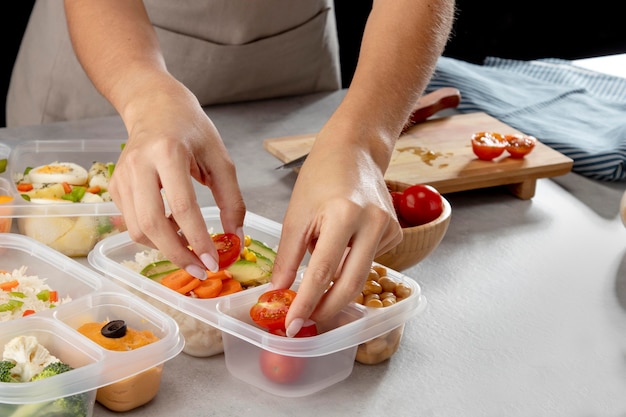
You don’t need to cook five full meals for seven days. Start small. Here’s a realistic, teen-friendly plan:
Just like in sports, form matters in meal prep. Poor technique leads to burnout. Watch out for these pitfalls:
Life happens. Here’s how to adapt without quitting:
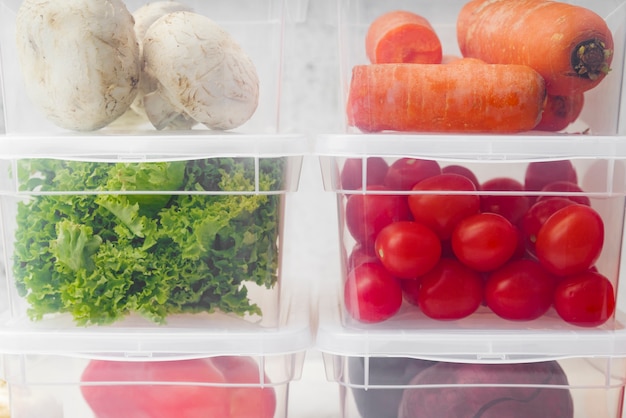
What you eat directly affects how well you sleep and recover. Late-night junk food spikes blood sugar and disrupts sleep cycles. In contrast, balanced meals with complex carbs, lean protein, and healthy fats support melatonin production and muscle repair.
For example, a prepped dinner with grilled chicken, quinoa, and roasted broccoli provides tryptophan (a sleep-supporting amino acid), magnesium, and fiber—all promoting deeper, more restful sleep.
Better sleep means better grades, improved mood, and faster recovery from workouts or long days. It’s a ripple effect that starts in your kitchen.
The goal isn’t perfection—it’s consistency. Try these habits to keep going:
Meal prep isn’t just about food. It’s about building resilience, reducing stress, and giving your body the fuel it needs to thrive. When you take charge of your meals, you take charge of your day—and your well-being.
Start this weekend. Your future self will thank you.

Wellness

Wellness

Wellness

Wellness
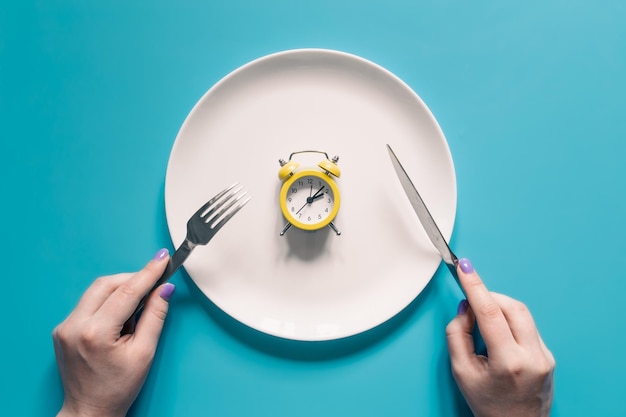
Wellness

Wellness
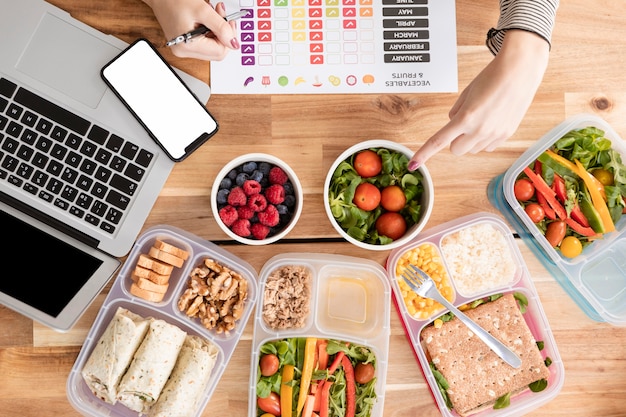
Wellness
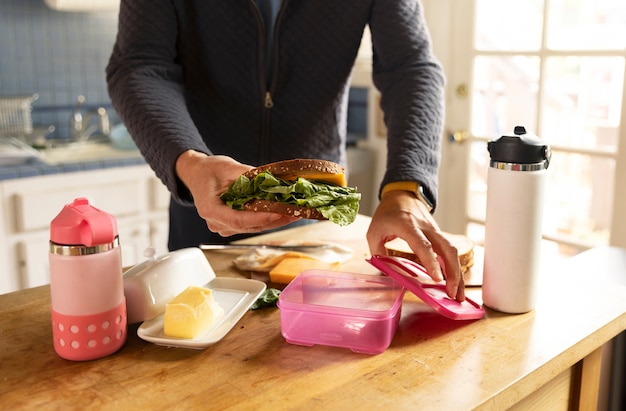
Fitness
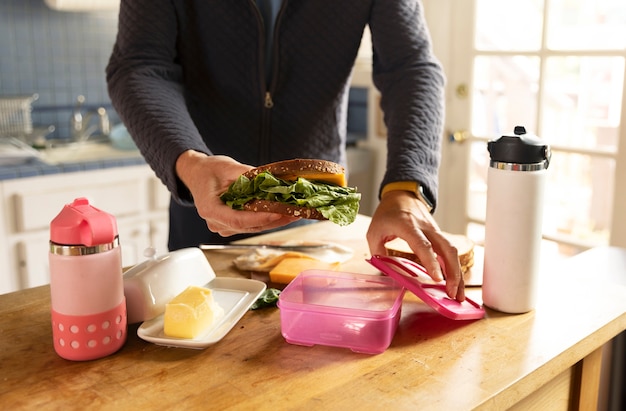
Wellness
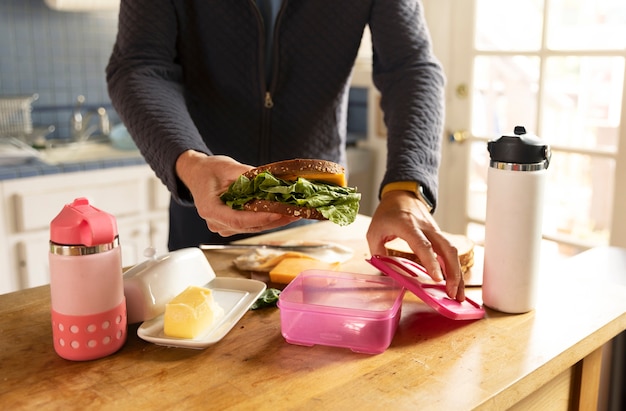
Wellness
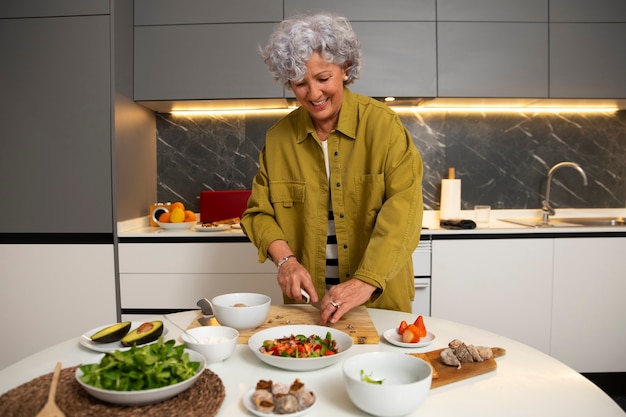
Health
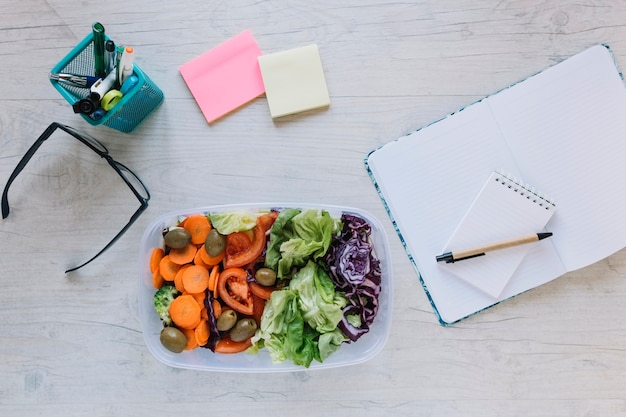
Wellness

Health

Fitness

Health

Health